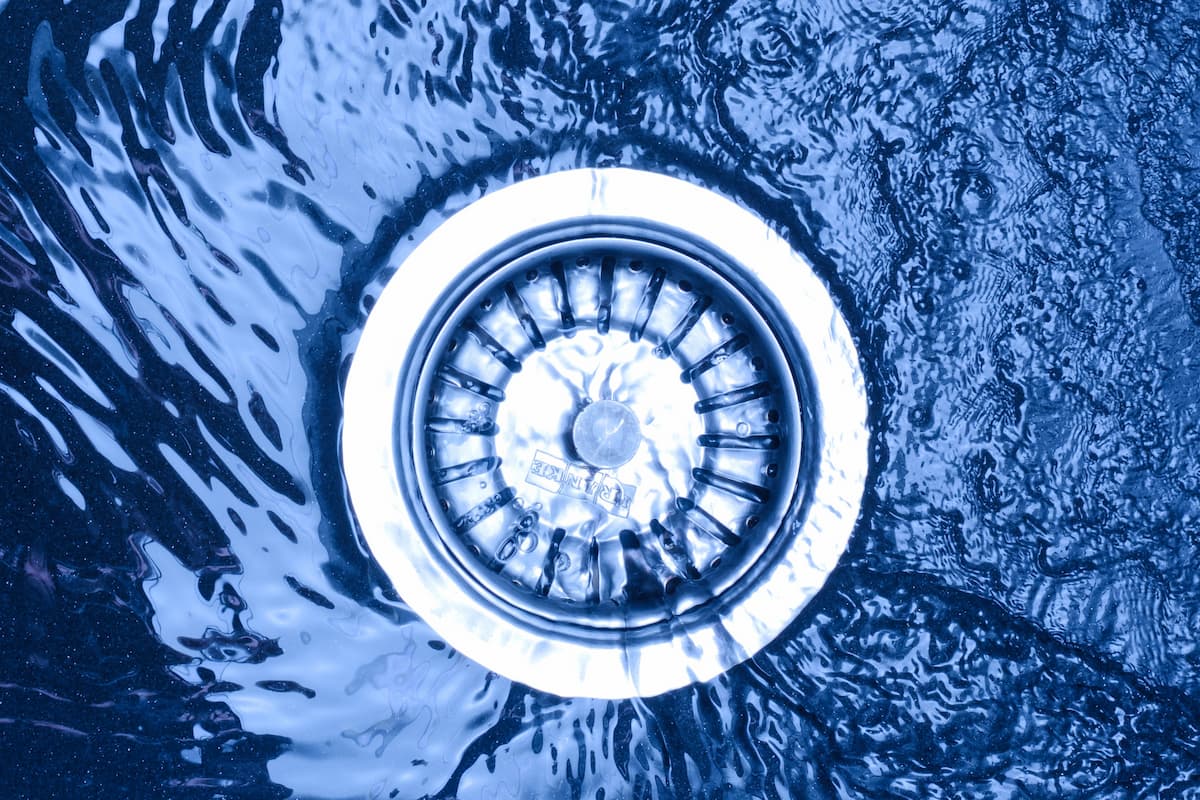It seems so easy: grab a jug from the home goods aisle, pour some drain cleaner down your sink or tub, and voilà—no more clogged drains! The truth is, it’s more complicated than that. Drain cleaners have their own risks and dangers, and they may not be as effective at removing or preventing clogged drains as you think.
Drain Cleaners Have Dangerous Chemicals
Most drain cleaners use a strong chemical agent like lye. These chemicals are strong enough to eat through clogs that are formed of hair, small food particles, and other residue. Because they are so strong, they also present risks in your home. Drain cleaners are extremely dangerous to have around children and pets, so you should make sure they are inaccessible to little ones. Even a small amount of lye can cause chemical burns on your skin, and the fumes can irritate your eyes, nose, and throat.
Depending what kind of plumbing you have and what kind of cleaner you use, a drain cleaner can also damage your pipes. Repeated use of harsh chemicals can wear away enamel, making your plumbing more prone to damage.
Drain Cleaners Don’t Always Work
If that weren’t enough, drain cleaners won’t fix most clogs caused by something other than small amounts of organic material. If you have larger damage, like a broken pipe or tree root, the chemicals can build up at the blockage until you are able to get the clog professionally fixed.
When chemicals do clear a drain, it’s almost always a temporary fix. Some of the blockage is cleared, but the rest of the chemicals flow down the drain at that point. When a professional clears a clogged drain, the entire blockage is broken up and removed, which means longer lasting results.
Drain Cleaners Can Damage Your Septic System
Many drain cleaners advertise themselves as “septic safe,” but that may not always be the case. Septic systems rely on “good” bacteria to break down and filter waste. Harsh chemicals in drain cleaners can easily upset the balance of bacteria in your septic tank. This may cause problems immediately or further down the road.
Alternatives to Harsh Chemical Treatments
For smaller clogs and for ongoing maintenance to help reduce clogs, there are two safe and natural options. First, pour boiling water down your drains (be careful to wear protective gloves and avoid the steam!). This will help to remove any oily or soapy residue on your pipes and keep clogs from forming. If your drain is already running slowly and you think a clog might be forming, make a slurry of water and baking soda (around half a cup of baking soda and one cup water) and pour it down the drain. Wait a few seconds to let it coat the pipes and reach the clogged area. Then, pour a cup of distilled white vinegar down the drain. The acid in the vinegar will react with the baking soda to form bubbles that may break up smaller clogs just as effectively as drain cleaner.
In the long run, there is no better treatment for slow or clogged drains than preventative maintenance! Contact us for emergency services or to make an ongoing plan to ensure that your drains stay clear.


